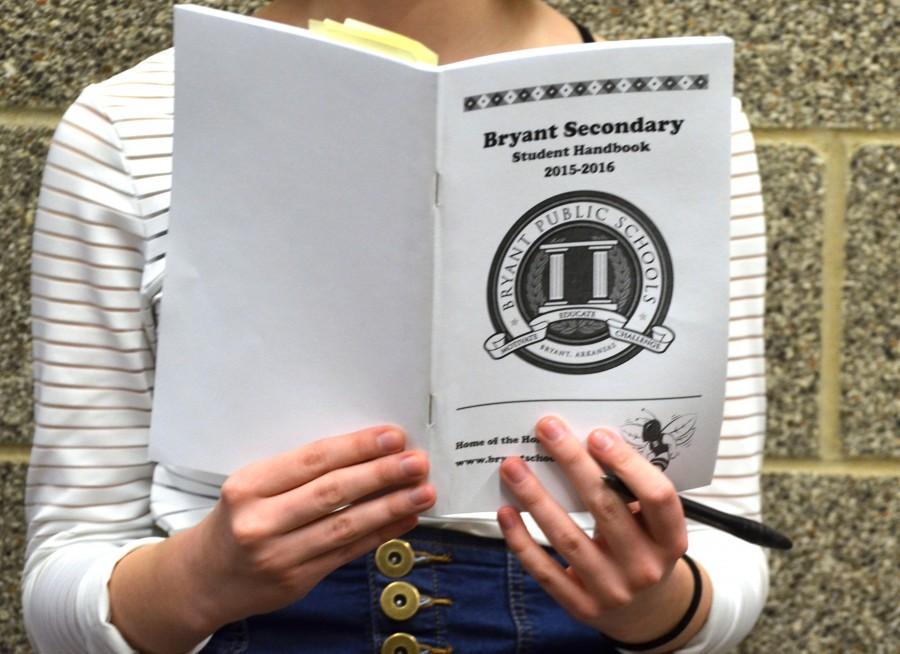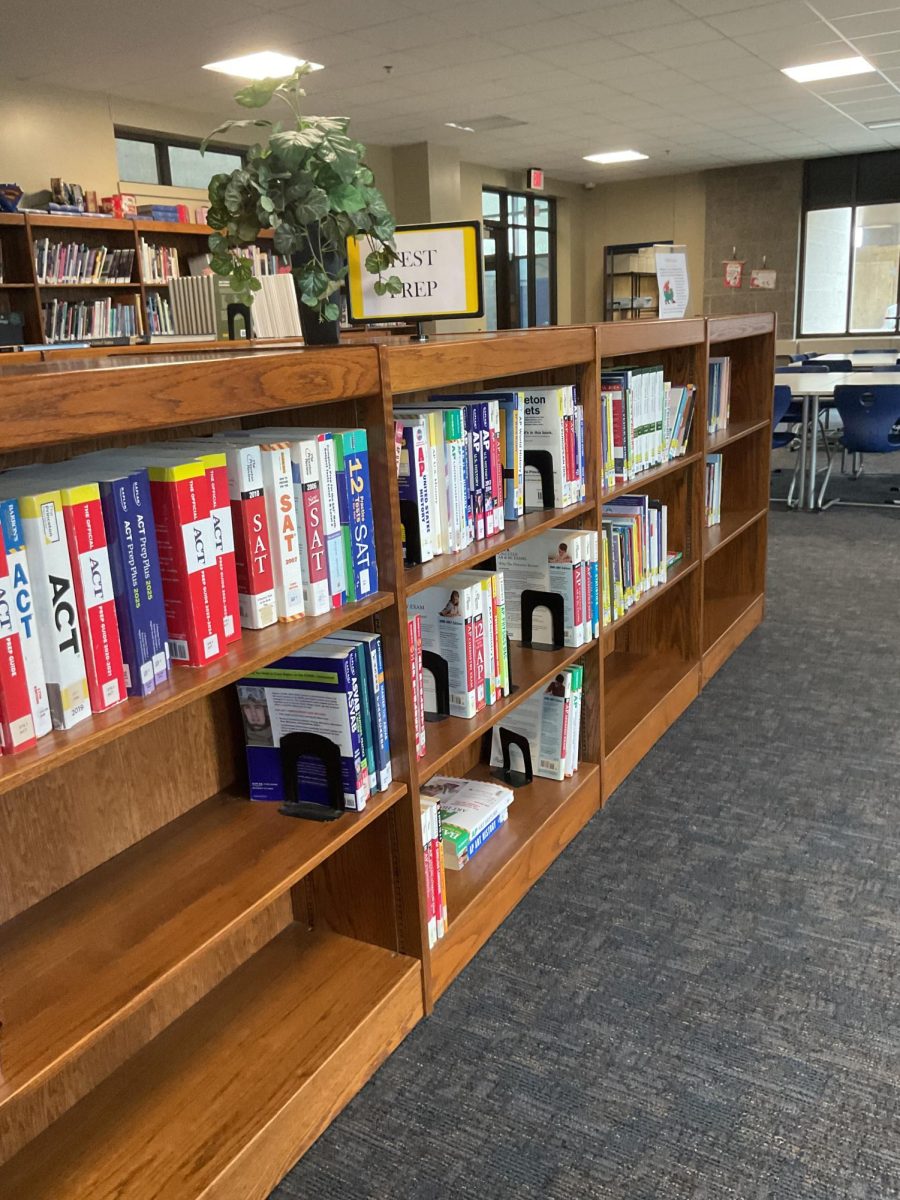If Teens Took Over the District
October 19, 2015
Shorts no more than four inches above the knee. Finish the assignment by the end of class or it is homework. Park in the assigned spot. These are just a few of the daily demands placed on students. What would happen if there were a shift in power?
Senior Grace Guzman has a few changes in mind.
“I’d make sure that the dress code would be stressed fairly. Some people are stopped whenever they’re wearing short-shorts but other people aren’t,” Guzman said. “Teachers would have to treat everyone fairly and not just demand [some] people to change and others not to change.”
It seems most students have an opinion when it comes to the dress code policy. Junior Aiden Watson does not approve of the direction it has taken.
“I’ve seen some very ridiculous dress code violations, but for the most part it’s extremely strict, like the tank top thing, ‘Can’t show your shoulders,’” Watson said.
To sophomore Jack Suarez, once you are one of the upperclassmen, the rules are taken more seriously.
“I feel like my freshman year was more relaxed,” Suarez said. “They got [stricter] on dress code because they say it’s distracting people at school, but we’re sitting in a chair the whole time, we should be looking at the board.”
Physics teacher Allen Scott thinks he has a better solution.
“I think we should have a uniform policy,” Scott said. “It would take away a lot of issues of, ‘Okay what am I [going to] wear? It makes people on a more even playing field.”
Scott firmly believes uniforms belong in a public school environment.
“The two public schools I taught at before, Pine Bluff and Fuller Middle School, both implemented a uniform policy and it worked just fine,” Scott said. “It’s actually cheaper for the parents.”
When the millage vote did not pass, the school had to redesign the school day, going back to a seven period schedule. Students and staff have stressed their distaste for the lack of class time.
“The first thing [I would change] would be block scheduling, because period scheduling is very stressful,” Watson said. “We have a lot of homework that we can only do in a short amount of time.”
Junior Marcus Mellor thinks extra class time is necessary.
“Honestly, I think we need as much time in class as possible if we’re going to have a shorter schedule,” Mellor said. “We can probably afford to cut that extra two minutes off in between classes and go back to just five minutes.”
Mellor would also propose a change in the district’s evaluation system.
“I don’t believe our evaluation system gives an accurate reflection of what we know. It gives a reflection of how good of a test taker we are,” Mellor said. “I think if we’re going to take tests, they should not be scored, so there’s nothing at stake if you fail.”
Parking has also proved to be an issue. This is the first year for specific numbered parking spots. Students are required to park in the number they chose before school started. Guzman does not agree with money being spent to ensure that students and staff have consistent parking.
“I wish they were less strict about parking,” Guzman said. “With the millage not passing and then painting all these numbers, it’s like, ‘Where is this money going? Where is the funding?’”
However, not everyone has negative critiques about the direction of the district. Scott is part of the Personnel Policy Committee, which consists of staff members. Last year, the committee worked with administration to make policies better and align them with state standards.
“I pretty much agree [with all the policies] because every year we actually look and decide if they need to be adjusted or not,” Scott said. “This year we looked at all of them, we went through the entire policies that the district has and we adjusted them, and they were rewritten to match more state-type standards.”
Scott can see that the school board is doing everything they can with what they have.
“[If I were superintendent] I would work to try to dispel the misconception that the district is wasting money trying to build new facilities,” Scott said. “Without adequate facilities the district will not continue to grow.”




